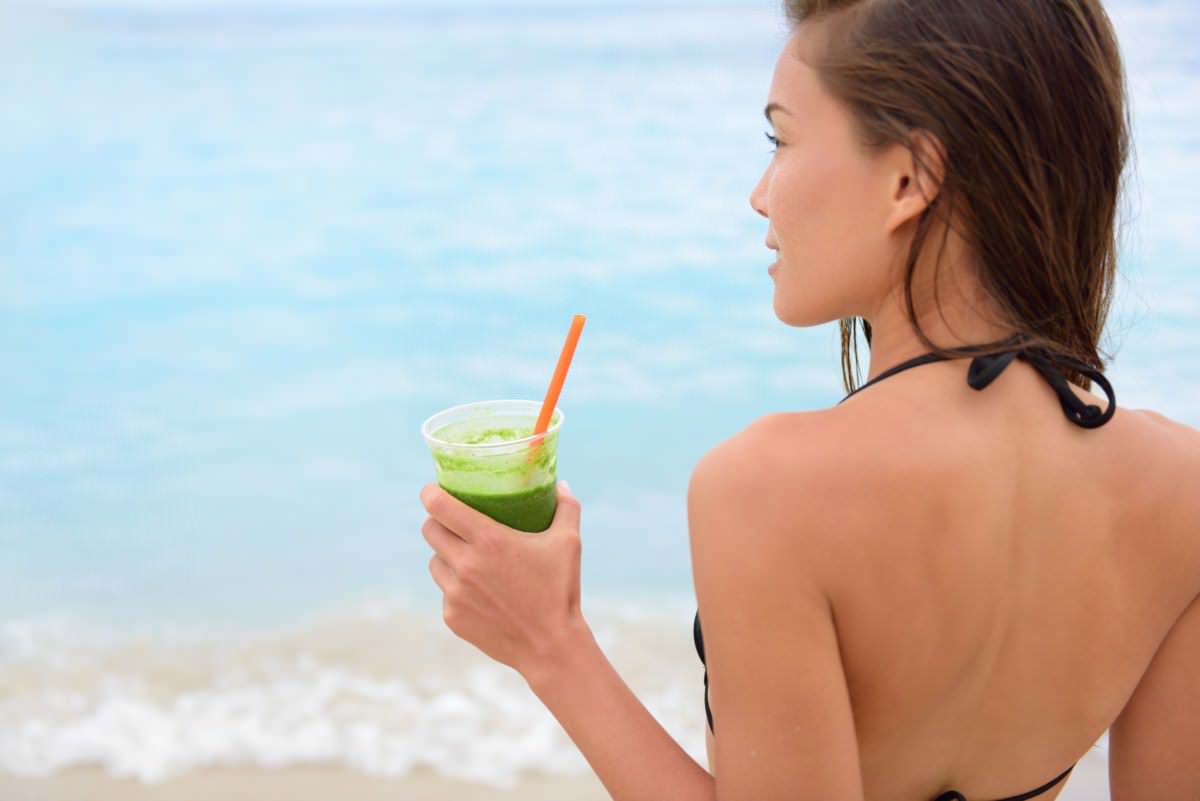Swimming is an extremely physically demanding sport, especially if you intend to perform at competition level. Among other things, this fact means that swimmers must pay close attention to their nutritional needs if they hope to succeed. Here are some important nutritional tips that will help keep you healthy and strong, regardless of the setting in which you tend to swim.
1) Consume Plenty of Carbs – Carbohydrates have gotten a pretty bad name in recent decades. However, if you swim on a competitive level, you must consume plenty of carbs to keep your body going. That’s because your body uses carbohydrates with relatively high efficiency, and anyone who engages in moderate- or high-intensity physical activity will end up relying on them as a main fuel source. The American College of Sports Medicine recommends that competitive swimmers get the majority of their daily calorie intake from carbohydrate foods. The specific amount of carbs you need to consume will depend largely on your body weight. In addition, the types of events in which you swim will have a significant impact.
2) Monitor the Quality of the Carbs You Consume – If you want to maximize your swimming performance, you’ll also have to pay attention to the quality of the carbohydrates you consume, as well as when you consume them. As a general rule of thumb, stick to simple carbs (e.g., fruit, energy drinks and pretzels) in the time period before, during and after your practice sessions. Your body burns these foods quite quickly, and they will help provide much-needed energy. At other times, focus on the consumption of complex carbohydrates such as vegetables, beans and whole grains. Due to their chemical structure, these foods break down at a slower rate and help balance your ongoing blood sugar levels.
3) Don’t Forget the Protein – Protein provides two key benefits for swimmers. First, it helps prevent the breakdown of your muscle tissue during workouts and competitions. In addition, foods in this category help you feel full for longer periods of time and diminish your chances of feeling hungry while in training. You don’t have to eat a ton of protein to receive these benefits. In fact, the typical 160-pound swimmer only needs to consume about 15 grams of it in the two- to four-hour period prior to working out. The greatest per-portion dividends come from nutrient dense options such as lean meat, dairy products, eggs, soy and nuts.
4) Keep Your Food Intake Balanced – While swimmers need a higher carb intake than the average person, they should still pay attention to the overall balance of the foods they consume. Experts at the University of Pittsburgh’s Schools of the Health Sciences recommend a carbohydrate-to-protein ratio of 3 or 4 to 1 in order to provide your body with the needed nutritional materials for a full recovery following a workout. Also strive to eat a mixture of nutrition-rich foods (including carbs, protein and small amounts of fat) throughout the day.
5) Stay Hydrated – It might seem more than a bit counterintuitive to tell a swimmer to drink plenty of water. However, during a workout, the average swimmer loses a lot of fluids in the form of sweat. Current studies show that any aerobic athletes who loses just 2.5% of their total body weight through dehydration can experience a whopping 45% decline in their ability to perform. Obviously, no competitive swimmer would welcome this outcome.
There are two easy ways of tracking your hydration level. First, examine the color of your urine. In a well-hydrated person, urine typically has a pale yellow color. Any darker shade of yellow likely indicates a lack of adequate fluid intake. You can also weigh yourself before you work out, then follow up with another weigh-in when your workout ends. Any pounds you drop during this narrow timeframe are probably due to dehydration. For every pound of weight you lose, consume roughly 16 to 24 ounces of water or some other replenishing fluid. In addition, boys and men should shoot for a minimum daily fluid intake of approximately 1 gallon, while girls and women should shoot for an intake of approximately ¾ of a gallon.



Leave A Comment